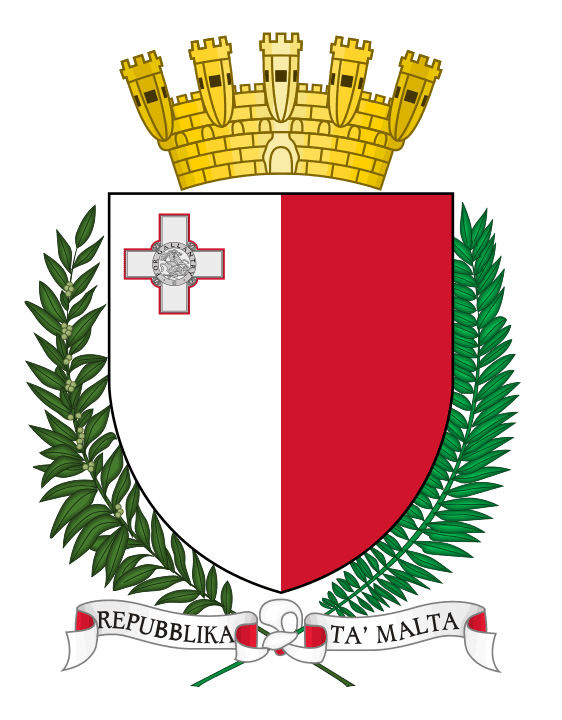The U.S. operates on a progressive federal income tax system with seven tax brackets, ranging from 10% to 37%, depending on filing status (single, married filing jointly, etc.) and taxable income. Taxable income is calculated by subtracting deductions (standard or itemized) and exemptions from gross income. For 2023, the standard deduction is $13,850 for single filers and $27,700 for married couples filing jointly. Tax credits, such as the Child Tax Credit (up to $2,000 per child) and the Earned Income Tax Credit (for low-to-moderate earners), reduce taxes owed dollar-for-dollar.
State and local taxes vary widely. Forty-one states levy income taxes, with rates ranging from 0% (Texas) to 13.3% (California). Sales tax ranges from 0% in Delaware to 9.55% in Tennessee, while property taxes average 1.1% nationally.
Employees and employers each pay 6.2% for Social Security (on income up to $160,200) and 1.45% for Medicare (no income cap). Self-employed individuals pay the full 15.3%. Other taxes include capital gains tax (0%, 15%, or 20%, depending on income) and estate tax (applies to estates over $12.92 million in 2023).
Business structures determine tax implications. Sole proprietors report income on Schedule C, while partnerships and LLCs are "pass-through" entities, meaning profits are taxed at the individual level. S Corporations avoid double taxation, but C Corporations are subject to a 21% federal corporate tax and double taxation (profits taxed at both corporate and individual levels).
State corporate tax rates range from 0% in South Dakota to 11.5% in New Jersey. Businesses can deduct operating expenses, R&D costs, and benefit from bonus depreciation. Employers must match employee FICA contributions (7.65% total) and pay 6% federal unemployment tax on the first $7,000 of wages.
Tax credits for businesses include the R&D Credit (up to 20% of qualified expenses) and the Work Opportunity Credit (for hiring veterans or disadvantaged groups). These incentives help businesses reduce their tax liabilities while supporting growth and innovation.












